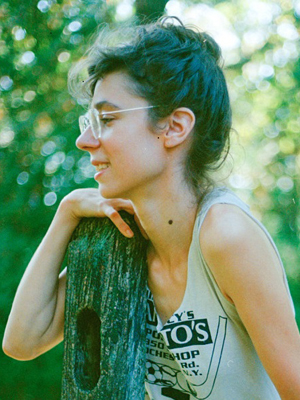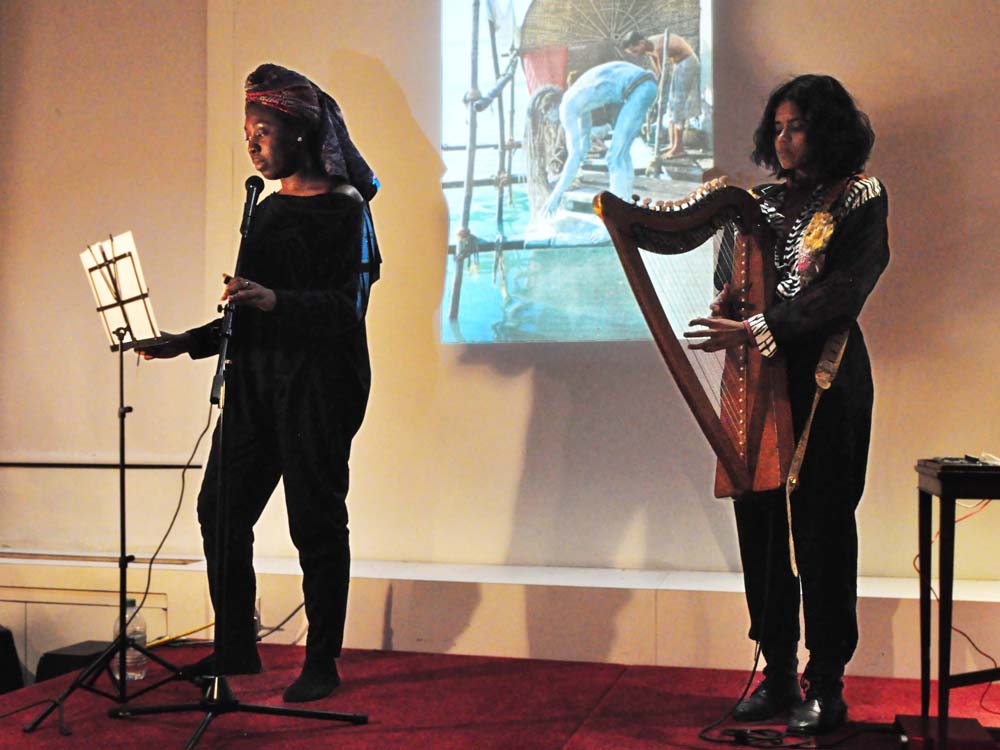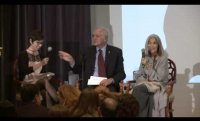Upcoming Fiction and Nonfiction Deadlines
Fiction and creative nonfiction writers, polish up your stories, novels, and essays! The deadlines are approaching for the following contests, each of which offers a prize of at least $1,000 and publication.
Fourth Genre Steinberg Essay Prize: A prize of $1,000 and publication in Fourth Genre is given annually for an essay. Entry fee: $20. Deadline: March 20.
New South Writing Contest: A prize of $1,000 and publication in New South is given annually for a story or essay. Alissa Nutting will judge. Entry fee: $15 (includes a one-year subscription). Deadline: March 21.
Enizagam Literary Award: A prize of $1,000 and publication in Enizagam is given annually for a short story. Rachel Khong will judge. Entry fee: $20. Deadline: March 23.
Cleveland State University Poetry Center Essay Collection Competition: A prize of $1,000 and publication by the Cleveland State University Poetry Center is given annually for an essay collection. Brian Blanchfield will judge. Entry fee: $28. Deadline: March 31.
Bosque Press Fiction Prize: A prize of $1,000 and publication in bosque is given annually for a short story or a novel excerpt by a writer over the age of 40. Timothy Schaffert will judge. Entry fee: $22. Deadline: March 31.
Lascaux Review Flash Fiction Prize: A prize of $1,000 and publication in Lascaux Review is given annually for a work of flash fiction. Entry fee: $10. Deadline: March 31.
Narrative Winter Story Contest: A prize of $2,500 and publication in Narrative is given annually for a short story, a short short story, an essay, or an excerpt from a longer work of fiction or creative nonfiction. A second-place prize of $1,000 is also awarded. Entry fee: $26. Deadline: March 31.
Gemini Magazine Short Story Contest: A prize of $1,000 and publication in Gemini Magazine is given annually for a short story. Entry fee: $7. Deadline: March 31.
Martha’s Vineyard Institute of Creative Writing Prose Prize: A prize valued at $1,600 will be given annually to a fiction writer to attend a weeklong seminar at the Martha’s Vineyard Institute of Creative Writing Summer Conference in June. Robert James Russell will judge. Entry fee: $25. Deadline: March 31.
Visit the contest websites for complete guidelines, and check out Grants & Awards database and Submission Calendar for more contests in poetry, fiction, and creative nonfiction.





 Interdisciplinary practice has been a major concern of my work ever since I moved to New York in 2008 to immerse myself in its creative scenes as a first step toward writing about art professionally. I began attending events at a range of venues like Judson Memorial Church, Roulette,
Interdisciplinary practice has been a major concern of my work ever since I moved to New York in 2008 to immerse myself in its creative scenes as a first step toward writing about art professionally. I began attending events at a range of venues like Judson Memorial Church, Roulette,  I have since become the curator of Ekphrazein, and on February 16, we hosted our sixth reading held in the Jung Center’s first floor event space, with support from Poets & Writers’ Readings & Workshops program. The thematic focus of the night was ashes, and each artist performed against a projection of their chosen ash image. The program began with multimedia artist Akeema-Zane reading poetry while accompanied by harpist Elsz. Poet Geoffrey Olsen was second on the bill, which concluded with a performance of improvised music and dance featuring Jason Kao Hwang (violin), Devin Brahja Waldman (saxophone), Megumi Eda (dance), and Yoshiko Chuma (dance). The presentations ranged between painstaking poetic craft and the playful abandon of free jazz, with each set activating a charged intimacy between artist and audience. Afterwards we all went up to ARAS for a candlelit wine reception, where I observed the enthusiasm with which audience members approached performers to engage in conversation about the night. It was energizing to see new acquaintances made and new doors opened to potential creative fusions across disciplines. I look forward to seeing what works and alliances this uncategorizable series will galvanize in the future.
I have since become the curator of Ekphrazein, and on February 16, we hosted our sixth reading held in the Jung Center’s first floor event space, with support from Poets & Writers’ Readings & Workshops program. The thematic focus of the night was ashes, and each artist performed against a projection of their chosen ash image. The program began with multimedia artist Akeema-Zane reading poetry while accompanied by harpist Elsz. Poet Geoffrey Olsen was second on the bill, which concluded with a performance of improvised music and dance featuring Jason Kao Hwang (violin), Devin Brahja Waldman (saxophone), Megumi Eda (dance), and Yoshiko Chuma (dance). The presentations ranged between painstaking poetic craft and the playful abandon of free jazz, with each set activating a charged intimacy between artist and audience. Afterwards we all went up to ARAS for a candlelit wine reception, where I observed the enthusiasm with which audience members approached performers to engage in conversation about the night. It was energizing to see new acquaintances made and new doors opened to potential creative fusions across disciplines. I look forward to seeing what works and alliances this uncategorizable series will galvanize in the future.
